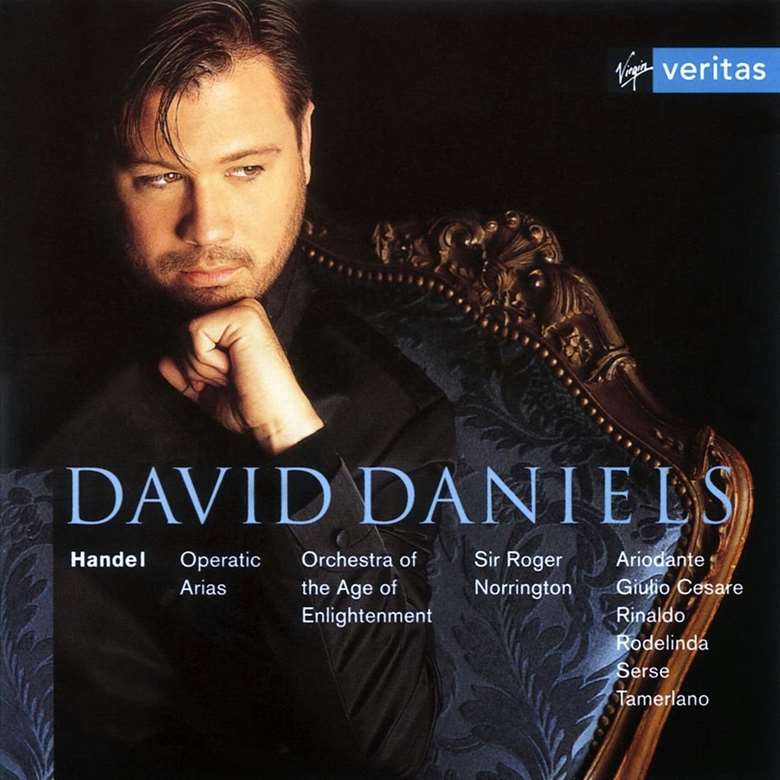David Daniels on Handel's roles for countertenor
Gramophone
Monday, March 27, 2017
Insights into the special demands of singing Handel's music for countertenors today

Growing up in South Carolina in an operatic family, the music that surrounded me was all about bel canto, Romantic opera and Mozart. My formative experiences of Handel’s music were Christmas-time Messiahs done every year by my father, who was a singer and also conducted the local chorus. I never really realised the genius of Handel until I decided to sing with a countertenor voice. I’d started out as a tenor, but when I tried out my countertenor voice I realised that it was my most natural way of singing. However, my realisation about how special Handel is has progressed throughout the course of my career, not only from singing his wonderful arias but also because it has such strong emotional ties to audiences. I’m regularly amazed that Handel brings out such vivid, natural and real emotions through his music. It is amazing how he sets the drama with a slow pace at first, but then it gains incredible momentum towards the end of the second act and throughout the third. He can tell a story equally as well as he can write a tune.
There isn’t much of a difference between the vocal technique I use when performing a role Handel wrote for a countertenor, a female singer or a castrato. In fact, other than stylistic considerations, I don’t change the way I sing Handel oratorio or opera roles from the way I perform Bach cantatas or Schubert Lieder. For me, it is all about being true to the text and emotion of what you’re singing. As you mature and age you can’t help but learn and gather more information, which helps you to become a deeper and more centred artist.
I’ve sung the title-role in Giulio Cesare in several productions, and I wish that I’d been able to record it, although my two favourite stage roles are the title-role in Radamisto and Arsace in Partenope: they’re very different dramatic characters, and incredibly different musically, but they’re both complete in all ways. My operatic career is much bigger than my concert career, but I love singing Messiah. It’s a piece that I never get tired of, but, unfortunately, I don’t get asked to do many of them because it seems as if the big orchestras in the United States rarely think of me for their annual Christmas performances.
One piece that I absolutely adore is Saul: the role of David was my very first major oratorio appearance, with Nicholas McGegan and the Philharmonia Baroque Orchestra. We did concerts in Berkeley and New York, and I sang it again later under Sir Charles Mackerras at the Edinburgh Festival. I love both the character of David and his music. It’s one of the few roles that Handel actually originally assigned to a countertenor. He didn’t work with many countertenors: there are a few solos written for alto gentlemen of the Chapel Royal in some of his anthems, and the only other notable roles originally sung by countertenors are Joad in Athalia, Athamas in Semele, the title-role in Joseph and his Brethren, and Hamor in Jephtha. That’s peculiar because I find the tessitura of the music for David and Hamor quite high – they’re not as taxing as the roles he wrote for the castrato Carestini, but certainly as high in pitch as any of the parts created for Senesino. Maybe the countertenor voice was very different then to how it is now, but, then again, it has already become different now to what it was only 20 years ago: it’s really rather amazing just how many of today’s young singers come to sing for me whose voices are actually in the soprano range!
This article originally appeared in the April 2009 issue of Gramophone. To find out more about our current subscription offers, please visit: gramophone.co.uk/subscribe











